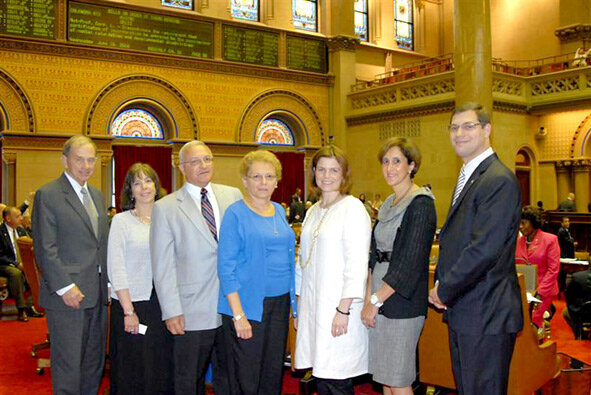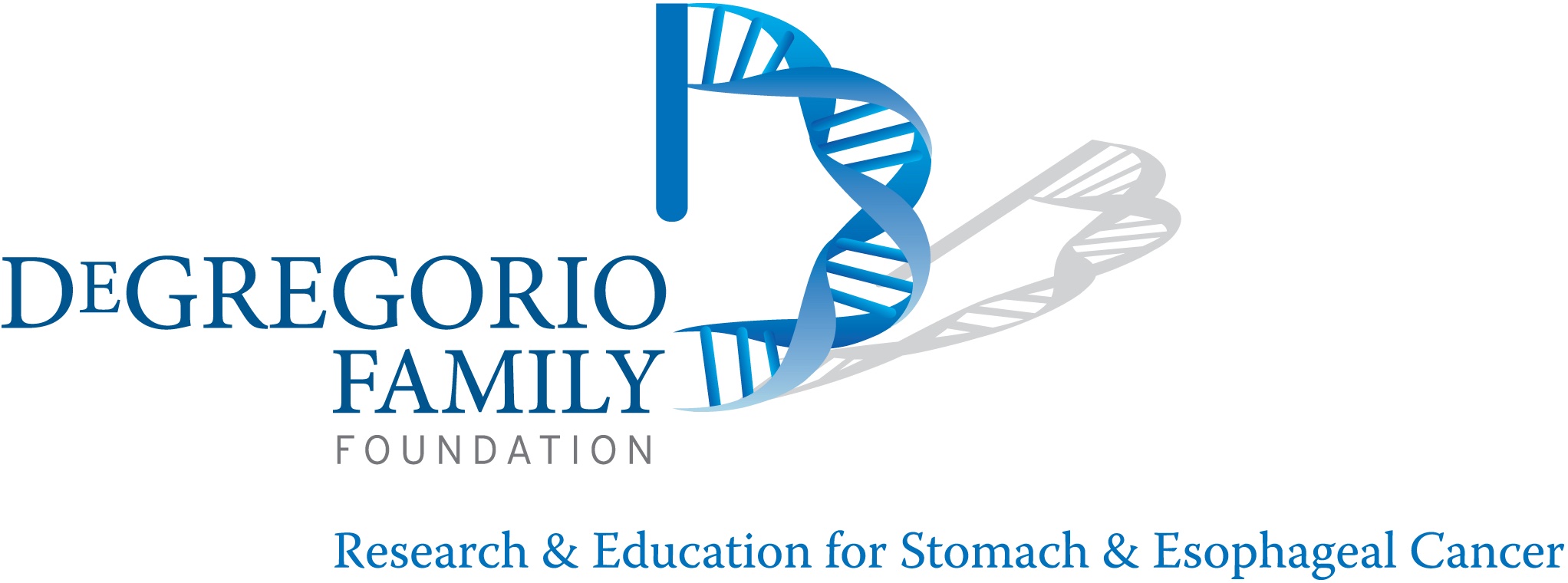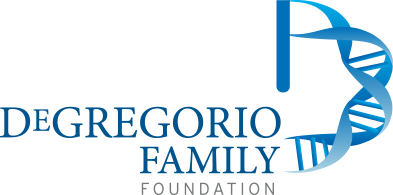DeGregorio Family Foundation for Gastric and Esophageal Cancer Research & Education (DFF) seeks to fund innovative research focused on curing gastric and esophageal cancer.
Today, stomach and esophageal cancers are treated as orphan diseases despite their prevalence and deadliness. Together, more than 1.3 million people will be diagnosed with an upper GI malignancy annually. These are aggressive cancers with high mortality rates. Despite treatments like the removal of the stomach or esophagus, chemotherapy and radiation, five-year survival rates remain dismally low at around 18% to 30%. To make matters worse, there are no high-profile advocacy groups that garner interest in these diseases in the United States. This has resulted in little funding to support research on these deadly cancers, which has meant minimal progress being made in their prevention or improvement in survival once diagnosed.
The field is in desperate need of, and is ripe for, medical advancement to improve our understanding of the biology and etiology of gastroesophageal cancers. The purpose of DFF is to monetarily support research and education and to encourage collaboration amongst researchers in order to facilitate earlier diagnosis and novel treatment therapies for stomach and esophageal cancer-related disorders.
With our unique venture capital-like model and access to thought leaders, we provide seed money for innovative research focused on curing these cancers. This seed money is crucial for scientists to take innovative ideas and nurture them to a level where institutional funding is possible.
DFF seeks to shift the tide and strive towards the goal of containment and treatment of gastroesophageal cancers. Board of Directors Scientific Advisory Board DFF was founded in 2006 after a tenth member of the DeGregorio family succumbed to stomach cancer and was found to have possessed a rare gene that causes the disease and other common cancers
DFF was founded in 2006 after a tenth member of the DeGregorio family succumbed to stomach cancer and was found to have possessed a rare gene that causes the disease and other common cancers.



